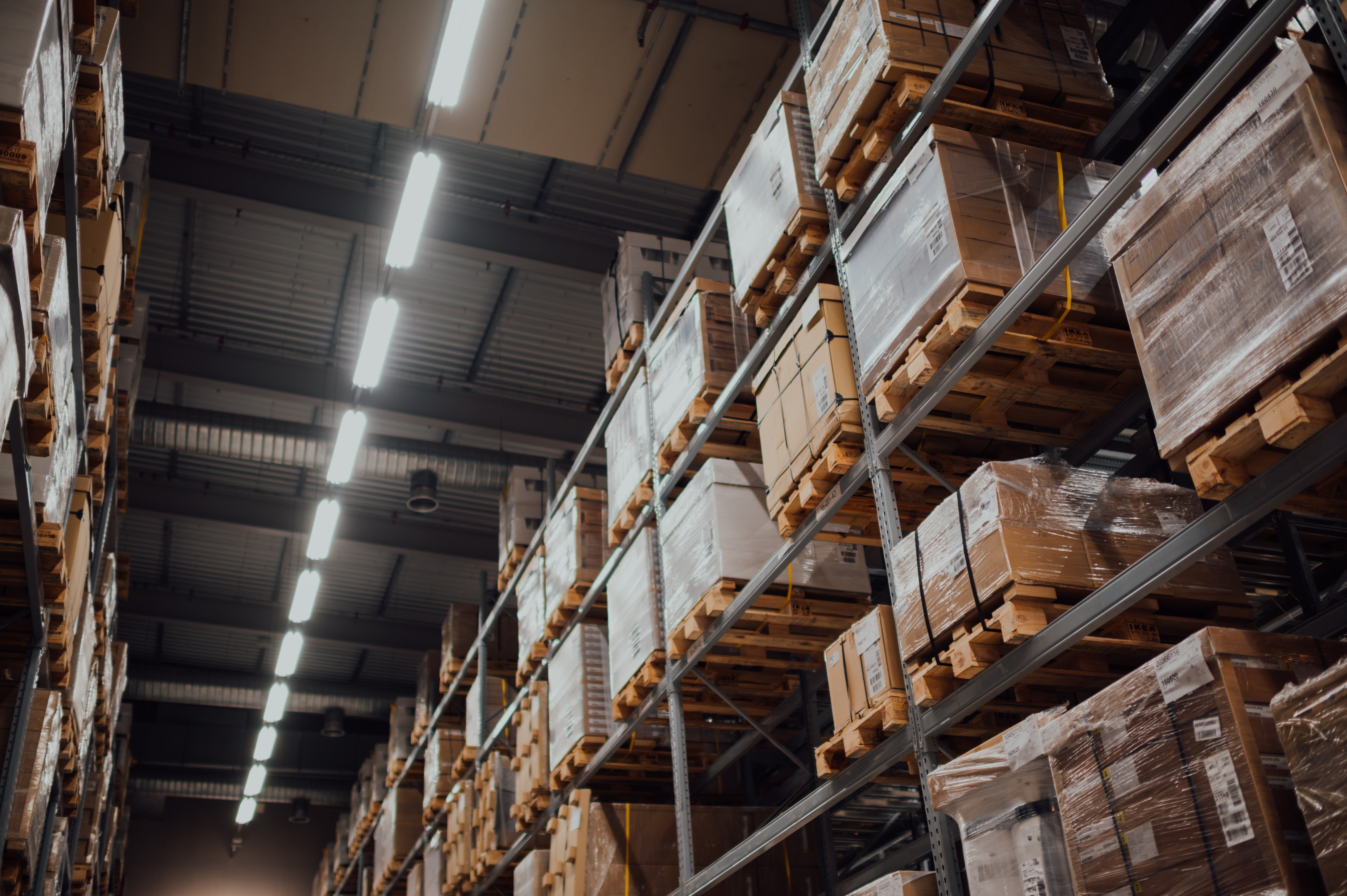Kayteria Knott is eager to play her part in using environmental sustainability to help logistic companies prioritize the environment.
Kayteria Knott is a logistics professional with a passion for the environment. Aside from her daily duties in the field of logistics, she champions taking care of the environment and has a keen interest in climate finance.
It’s Kayteria’s job to make sure processes go according to plan while still being aligned with national and international standards.
Outside of her day-to-day duties, Kayteria Knott hopes to one day help people and organizations understand how climate change and climate finance works by educating them in person.
Part of Kayteria’s job involves learning all the time so that she can share valuable information about the environment with her audience.
Knott’s curiosity was struck during a senior high school project in an earth and environmental sciences class. “We made biodiesel fuel from used cooking oil that came from a Chinese restaurant,” says Knott.
Aside from educating people about the environment online, Kayteria Knott also recommends that corporations and governments look into climate finance as an option to drive sustainable progress.
Climate finance is usually drawn from a variety of potential funding options such as from public, private and alternative sources of funding. It allows companies to find solutions to finance problems and innovate with corporate and environmental sustainability in mind. This method of climate financing allows companies to seize new commercial opportunities for climate action.
Through the United Nations Environment Programme, nations are able to access the Green Climate Fund, Global Environment Facility, the Adaptation Fund and many other sources.
Kayteria Knott recommends that you maintain a positive mindset if you want to make positive environmental contributions. You need to be able to believe that your actions can spark positive change and they do in fact add up to make the world a better place.
“I always maintain a can-do and will-do attitude,” says Knott.
Logistics also has a fundamental impact on the environment, and Kayteria is interested in how to make logistics more sustainable in the future for the environment. For example, it’s possible to use photovoltaic cells and other renewable energy sources at logistics centers, which lowers energy consumption and in-tern overall environmental impact.
Other methods to reduce environmental impact in logistics include ensuring that suppliers are using ethical sourcing, optimizing routes to reduce fossil fuel consumption and consolidating shipments to fully utilize containers and reduce waste.
Kayteria Knott is especially interested in the planning of logistics and says, “I have had the opportunity to propose new methods to improve situations in logistics from overall logistics to inventory and accounting capabilities.”
Another way to reduce environmental impact in logistics is to streamline supply chain processes to reduce waste. This often means making small improvements along the way to make processes simpler and more efficient. Aside from just an environmental impact, this can preserve valuable human capital.
Kayteria Knott ends with, “In the future, I want to build an environment of professionalism in logistics and create a place where every colleague is respected and valued.”
Media Contact
Company Name: Kayteria Knott
Email: Send Email
Country: United States
Website: https://lifesly.com/kayteria-knott-the-coming-of-age-smart-logistical-supply/

